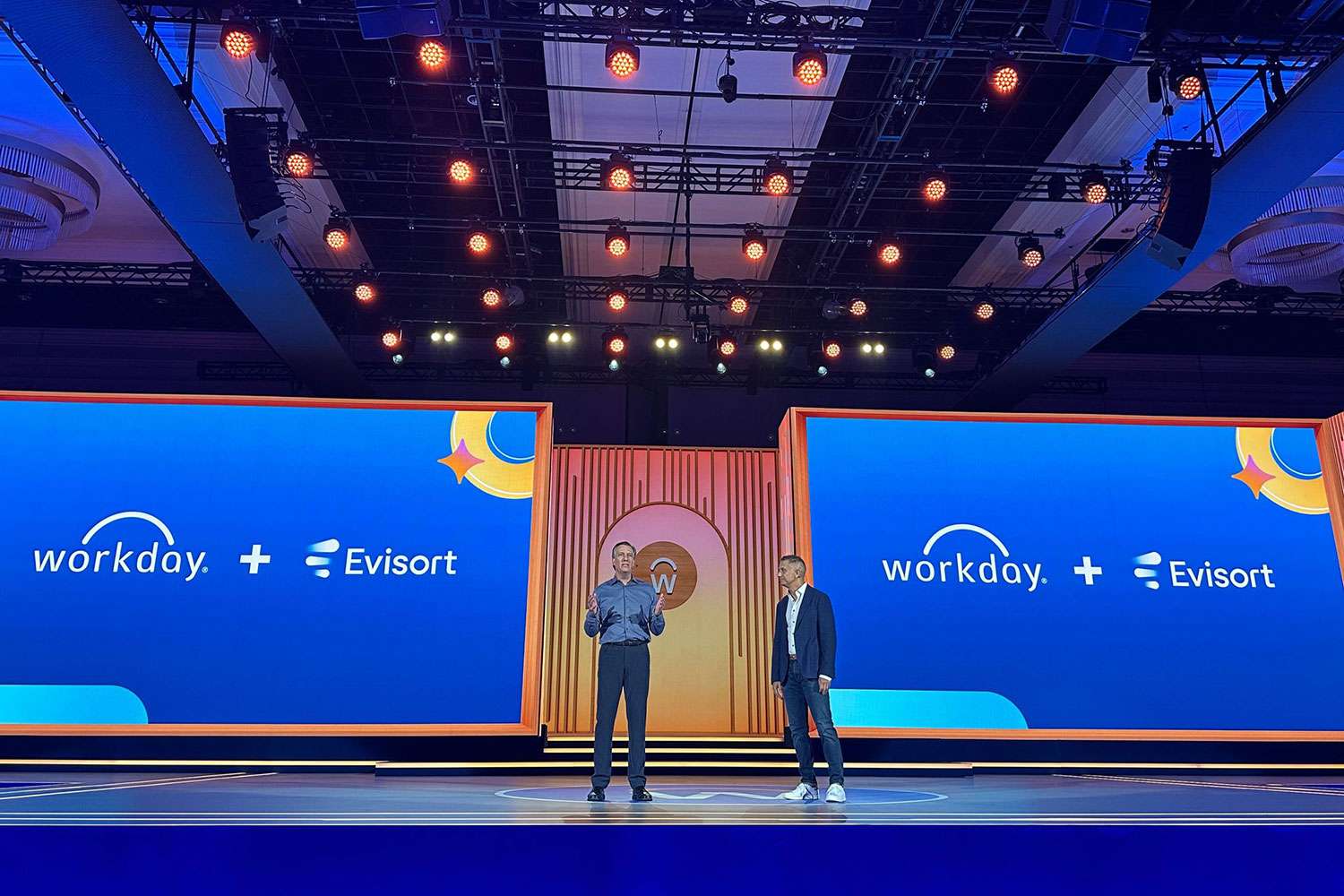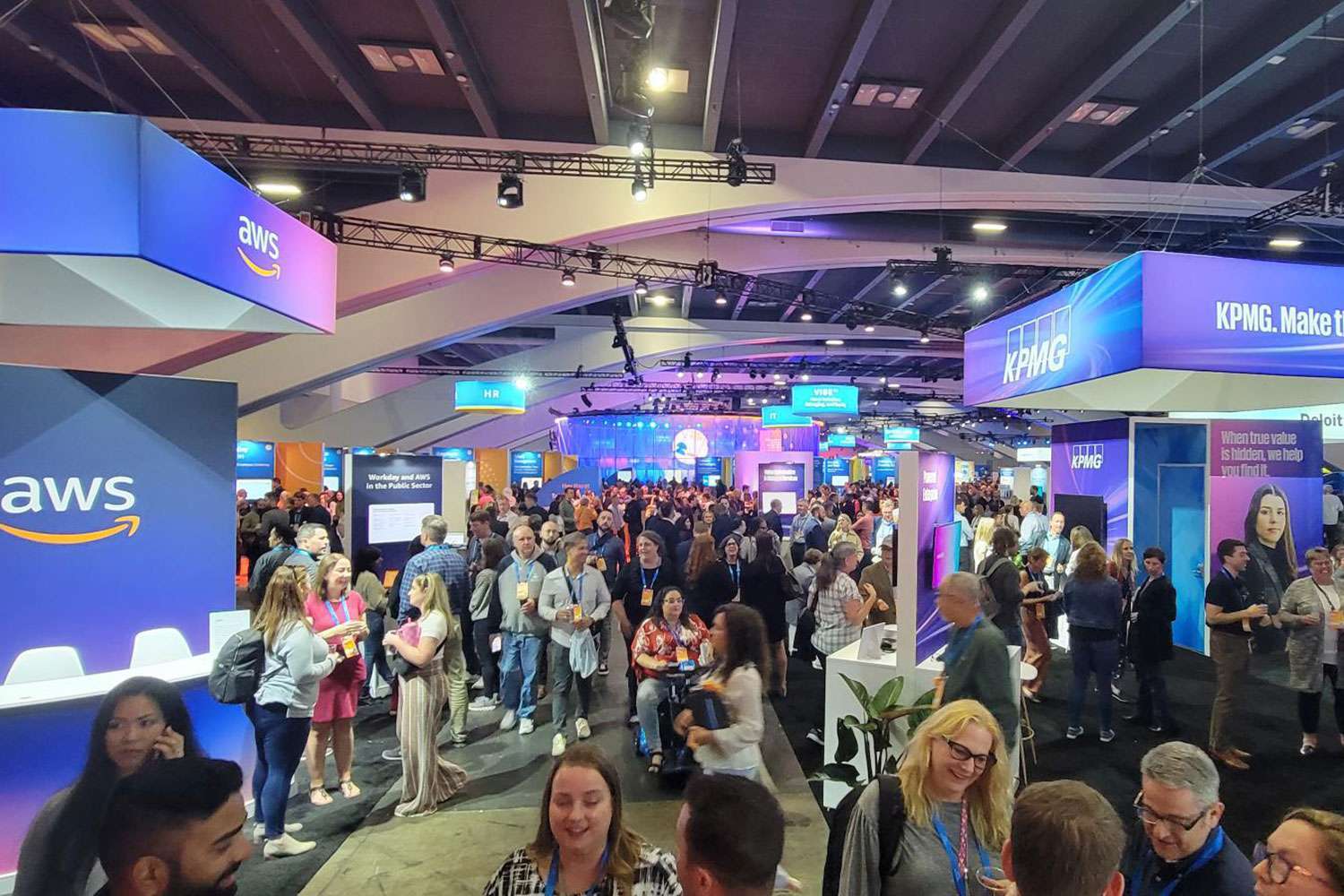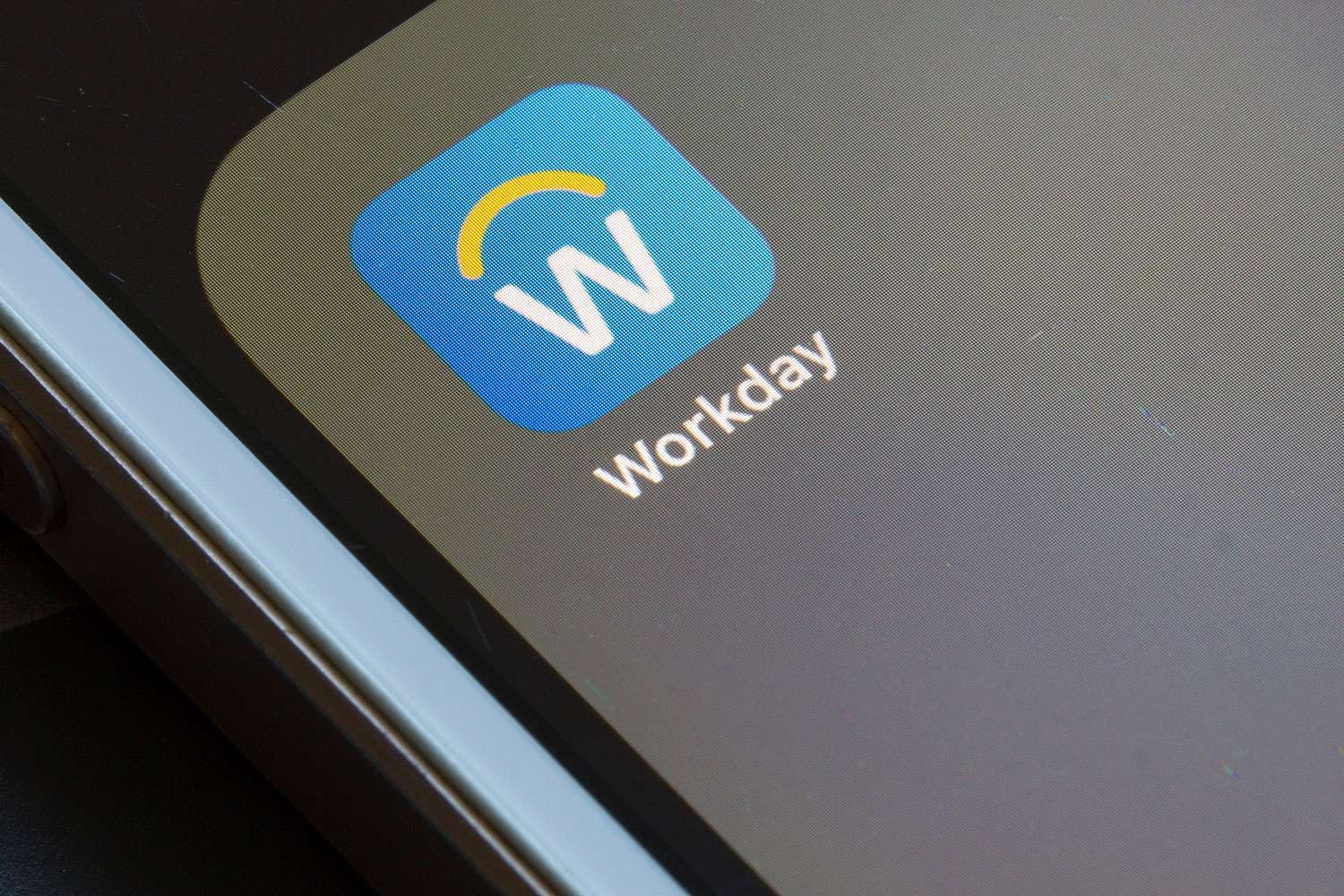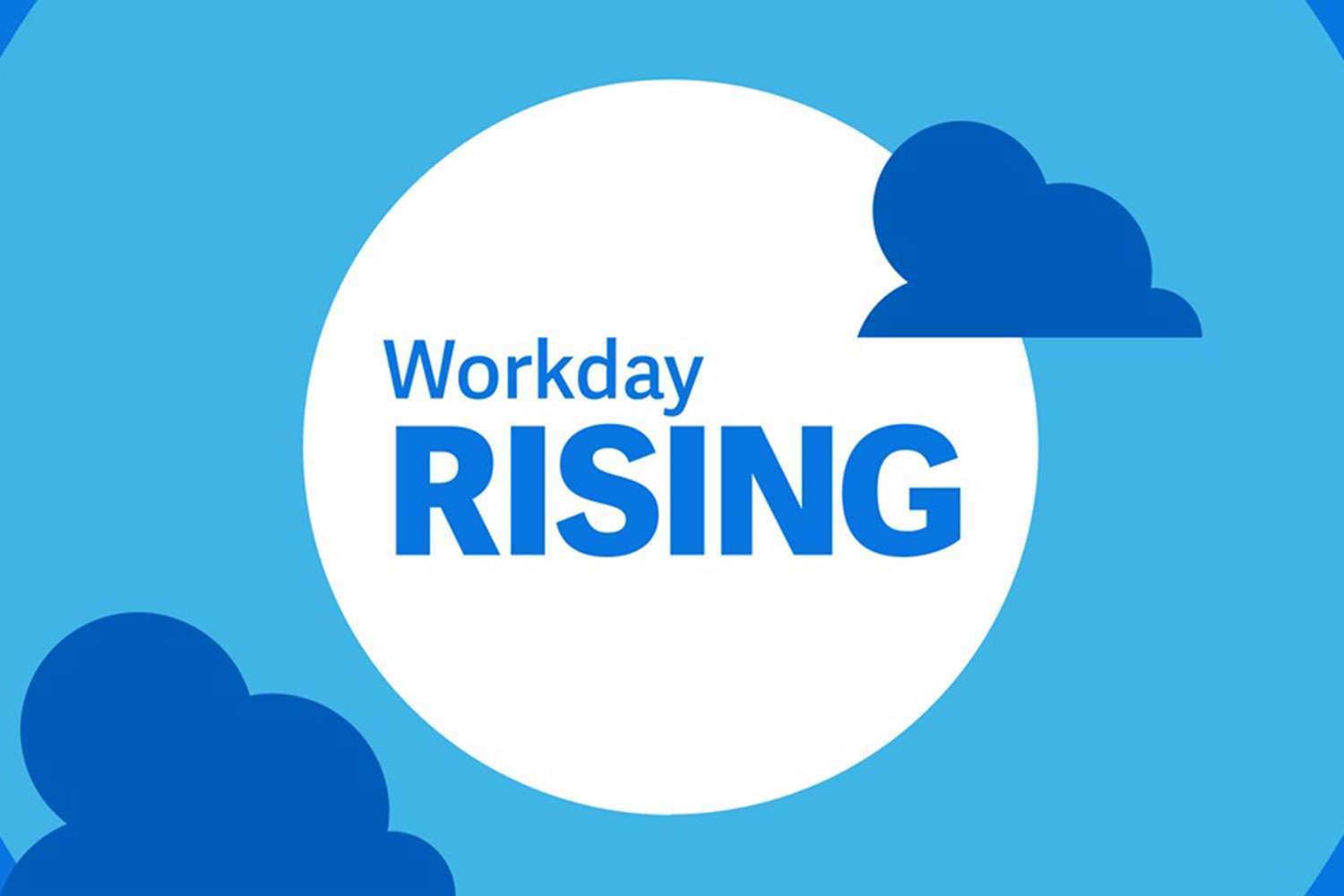Key Considerations for Workday Knowledge Transfer and Continuity

The hard work of preparing for a Workday go live is focused on getting data from your current system into your new system. Countless hours are spent on data review, cleaning, and migration. Not to mention communicating the upcoming change company-wide and training end-users. Being part of the implementation means that you and your team are well-honed machines and prepared for any updates. You have allocated resources and time to manage your Workday subscription internally.
And then…the team changes.
It may not be immediately after your go live, but staff changes are inevitable and there will come a time when the person who was doing a great job managing your Payroll tenant (for example) will move into a different role. Perhaps you have been chugging full steam down your roadmap and have rolled out several new tenants as scheduled, but their utilization is adding a new bandwidth burden to your team.
Now what?
Plan Ahead for Your Knowledge Transfer
Preparing for the inevitable knowledge transfers that arise in the lifecycle of operating on Workday is critical. Many departments have basic plans in place for training a newcomer but if this is something you have not yet addressed, here are some key considerations when it comes to Workday knowledge transfer and continuity:
The Speed of Your Launch Will Have an Impact on Your Knowledge Transfer
If you’re running toward the finish line, you’ll have less time for cross-functional training; if you’re considering a Launch or Launch Express go live, based upon the implementation methodology there will be less time for training, testing, and discussion. A rolling go live will allow more time for your team as a whole to learn Workday and the day-to-day functions needed for each role. This approach is most successful when you also utilize this time to create formalized training events.
Workday-Led Trainings Can Still Result in Gaps
Most companies have neither the budget nor the bandwidth to send their entire teams to trainings annually, let alone every time there is a change in headcount. Often one or two individuals will be sent and then be responsible for providing that education back to their teams. This can be a great practice when it comes to generalized Workday knowledge, but it cannot cover everything each specialized role needs to know to do their job in Workday.
ERPA Can Help With Your Workday Knowledge Transfer
Rather than learn this lesson the hard way, if you are currently managing your Workday subscription internally (or plan to ever), make sure you have a knowledge transfer plan in place. Take time to create a transition plan for positions utilizing Workday to manage their day-to-day responsibilities so that in the event in a change, you will be able maintain the day-to-day knowledge continuity of running your Workday tenants and business processes.
Not sure where to start? ERPA’s Managed Services offers customers courses with a holistic approach to Workday training, ensuring both tool-level knowledge and skill-specific functions. Want to learn more? Contact us today.











